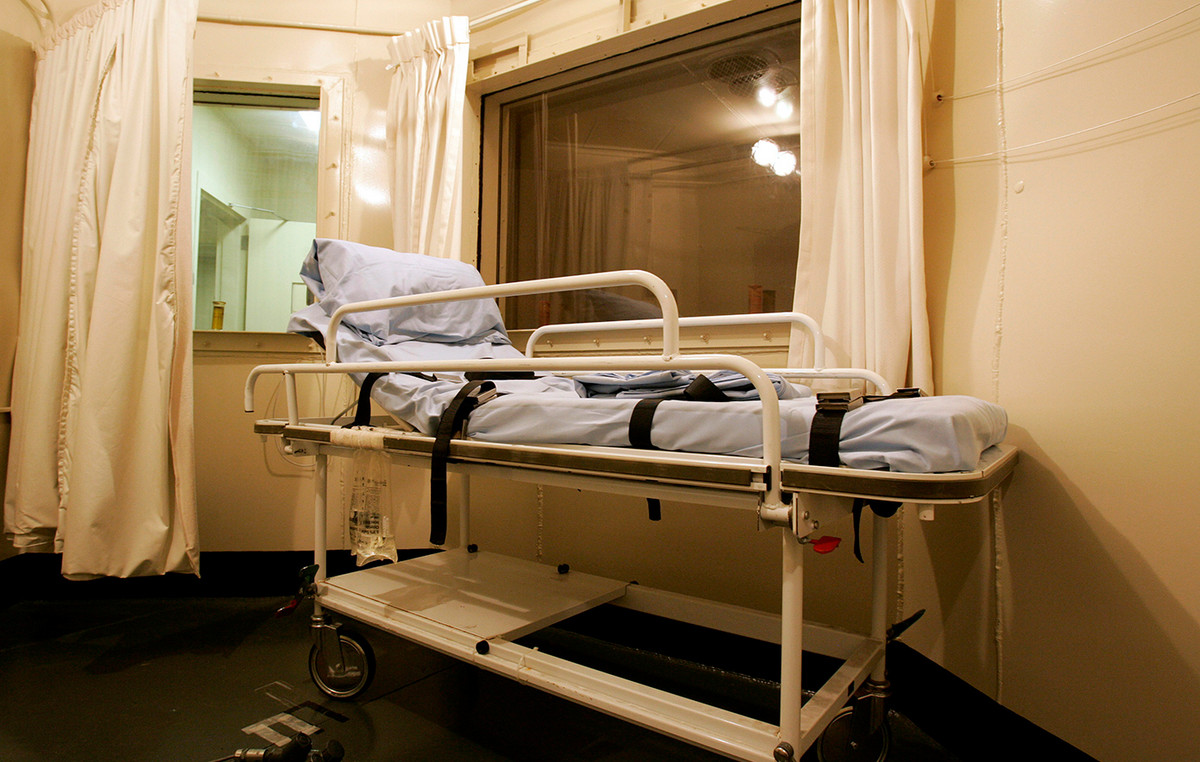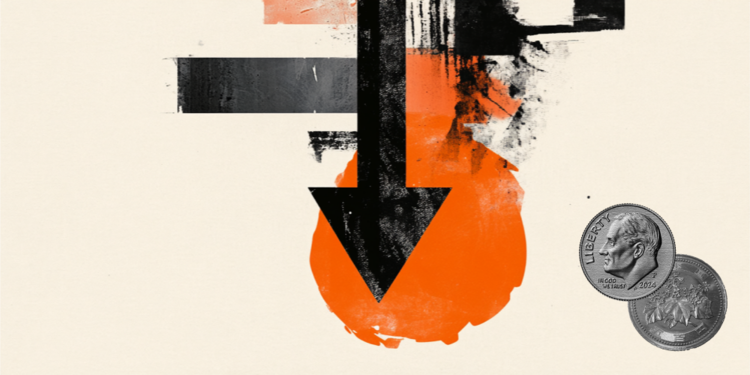The energy regulator is studying priority areas and customers who will be guaranteed electricity in the event of large gaps in gas supply in winter, from households and hospitals to pharmaceutical companies and paper mills.
Sharp declines in deliveries of Russian natural gas via the Nord Stream pipeline are prompting authorities to make urgent preparations for the possibility of an extremely harsh winter in Germany.
“We cannot consider every business to be systemically important,” warned Klaus Müller, head of the federal network agency (Bundesnetzagentur), in an interview published today by media group Funke.
“Entertainment products and services are less of a priority (…). Swimming pools are clearly not critical, nor is chocolate chip cookie production,” he said.
Although he assured that households are a top priority, Mr. Miller did not rule out the possibility of deciding on power outages.
“If we get to the point of rationing, we will need to reduce industrial consumption first,” he added.
“I can guarantee you that we will do everything to avoid the possibility of households being left without gas. But what we have learned from the (coronavirus) crisis is that we should not make promises that we are not absolutely sure we can keep. adhere to”.
Russia cited technical difficulties due to Western sanctions for roughly halving flows in recent weeks. Members of the German government believe that Moscow is proceeding in this way in retaliation for the sanctions it is facing.
Corporate consumers will be prioritized based on their commercial, economic and social importance in terms of potential funding disruptions, Mr Miller said. Paper, for example, is considered critical for printing newspapers and for packaging, especially of medicines.
“Freedom of the press is an important right” especially because in the event of an emergency “the demand for information will be extremely high,” he added.
Although Mr. Müller assured that Germany does not currently face shortages of electricity, oil or gasoline, he stressed that households should focus their efforts on saving energy to reduce gas consumption.
Even if Russia stopped deliveries altogether, Germany would continue to receive quantities from pipelines in Norway and the Netherlands and liquefied natural gas (LNG) from other countries, Mr. Miller noted.
At the same time, Hamburg’s official responsible for environmental issues warned that in the event of an interruption in the supply of Russian gas, the city will impose a quota on hot water and impose a temperature limit on heating systems.
In the event of an “acute gas shortage”, hot water “will be available at certain times of the day”, Jens Kerstan told the Welt am Sonntag newspaper.
The federal plan to deal with such an emergency calls for priority to be given to households and critical institutions such as hospitals, but this is “not feasible in Hamburg, for technical reasons,” he said.
As Berlin looks for alternative gas suppliers, including LNG, Mr Kerstan warned that Hamburg’s temporary LNG terminal would not be ready before mid-2023.
The two temporary LNG terminals in Wilhelmshaven and Brunsbüttel are expected to be operational by the end of the year, according to Velt, cited by the economy ministry.
Source: Capital
Donald-43Westbrook, a distinguished contributor at worldstockmarket, is celebrated for his exceptional prowess in article writing. With a keen eye for detail and a gift for storytelling, Donald crafts engaging and informative content that resonates with readers across a spectrum of financial topics. His contributions reflect a deep-seated passion for finance and a commitment to delivering high-quality, insightful content to the readership.







